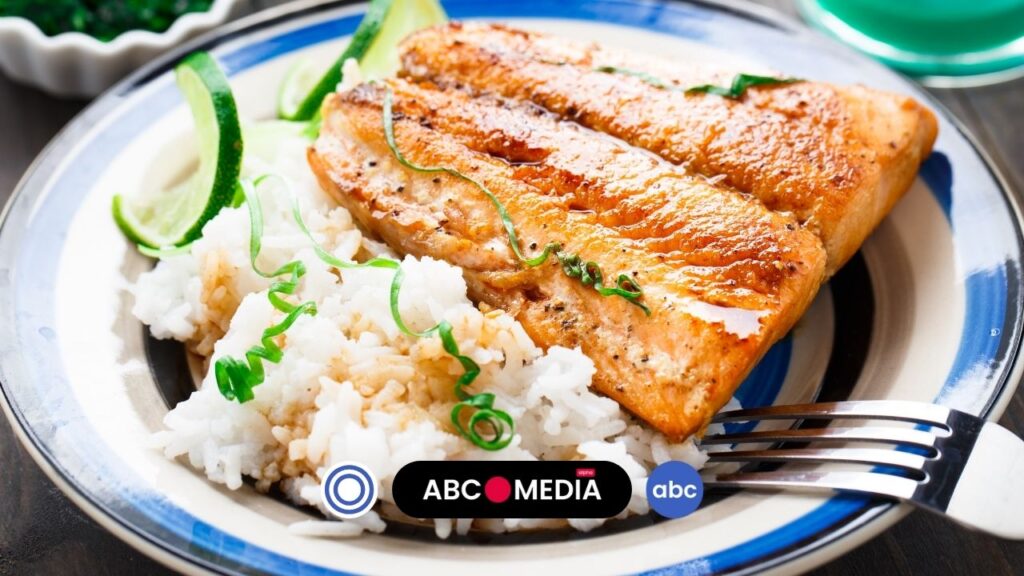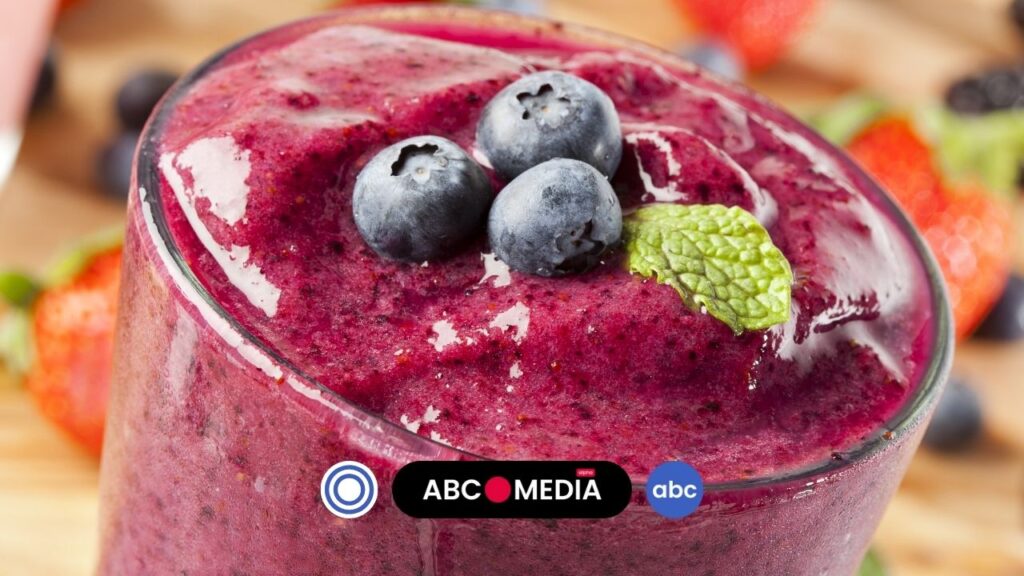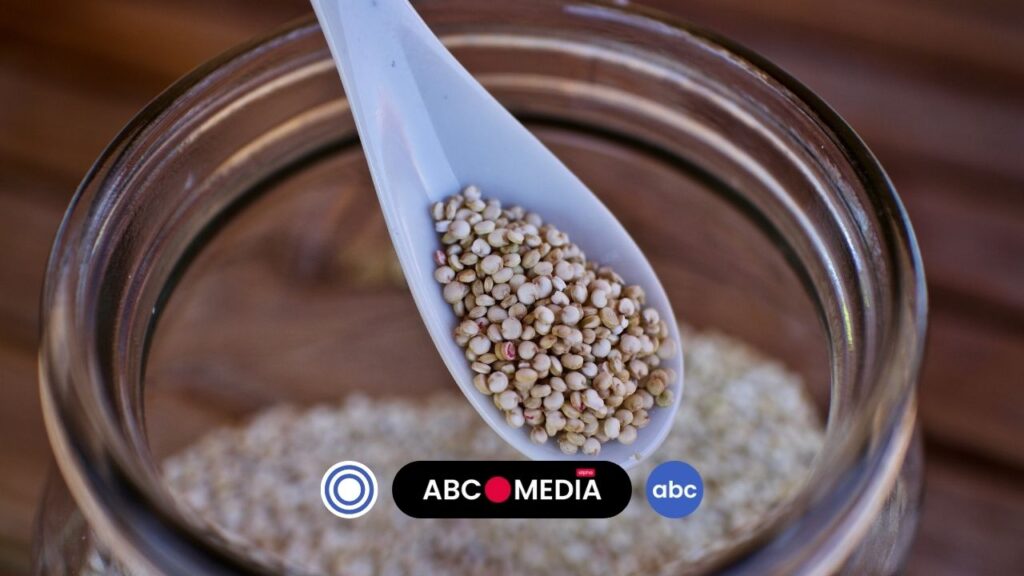Superfoods have gained significant popularity in recent years, promising an array of health benefits. From boosting the immune system to preventing chronic diseases, these nutrient-packed foods have captured the attention of health-conscious individuals. But are they really as healthy as they’re often portrayed to be? In this article, we will explore the truth behind superfoods, their potential benefits, risks, and how to incorporate them into a balanced diet.
Definition and Explanation of Superfoods

Superfoods, a term coined by marketers, refer to nutrient-dense foods that are believed to provide extraordinary health benefits due to their high concentrations of vitamins, minerals, and antioxidants. These foods are often praised for their potential to support overall well-being and prevent certain ailments. While there is no scientific or regulatory definition for superfoods, they typically encompass a wide variety of plant-based and sometimes animal-based foods.
Common Types of Superfoods

There is a wide range of superfoods available, each offering unique nutritional value. Some commonly recognized superfoods include:
Blueberries are known for their high antioxidant content, which can help combat free radicals and reduce oxidative stress in the body.
Kale is a leafy green vegetable packed with vitamins A, C, and K, as well as minerals like calcium and iron. It is often praised for its anti-inflammatory properties.
Salmon is a fatty fish rich in omega-3 fatty acids, which are essential for heart health and brain function.
Chia seeds are a great source of fiber, omega-3 fatty acids, and various micronutrients. They are often included in diets for their potential to aid digestion and promote satiety.
Benefits of Consuming Superfoods

Consuming superfoods can offer several benefits for both physical and mental health, as well as aid in weight management.
Superfoods, with their high nutrient content, can contribute to improved overall physical health. They can help strengthen the immune system, reduce inflammation, support heart health, and provide the body with essential vitamins and minerals necessary for optimal functioning.
Research suggests that certain superfoods can have a positive impact on mental health. For instance, foods rich in omega-3 fatty acids, such as salmon and chia seeds, have been associated with a reduced risk of depression and improved cognitive function.
Incorporating superfoods into a balanced diet can also support weight management efforts. Many superfoods are low in calories but packed with essential nutrients, making them a smart choice for those looking to maintain a healthy weight.
Potential Risks and Limitations of Superfoods
While superfoods offer numerous benefits, it’s important to be aware of potential risks and limitations associated with them.
Some superfoods, such as nuts or seafood, can trigger allergic reactions in susceptible individuals. It is crucial to be cautious and consult a healthcare professional if you have known allergies before incorporating new superfoods into your diet.
Certain superfoods may interact with medications, affecting their effectiveness. For example, grapefruit can interfere with the metabolism of certain drugs. It’s essential to discuss any potential interactions with your healthcare provider.
Superfoods are often marketed as exotic or rare, which can lead to higher costs and limited accessibility for some individuals. It is important to remember that a healthy diet does not rely solely on superfoods but rather a diverse range of nutrient-rich foods.
Debunking Superfood Myths
As with any popular trend, superfoods have their fair share of myths and misconceptions. Let’s debunk a few common ones:
Contrary to popular belief, superfoods alone cannot replace a well-rounded and balanced diet. While they can certainly provide an additional nutritional boost, it is crucial to incorporate a variety of foods from different food groups to ensure optimal nutrient intake.
Incorporating Superfoods into Your Diet
Adding superfoods to your daily meals doesn’t have to be complicated. Here are some practical tips and recipe ideas to help you incorporate superfoods into your diet:
Practical Tips
- Start small: Begin by incorporating one or two superfoods at a time to avoid overwhelming yourself.
- Mix and match: Experiment with different combinations of superfoods to keep your meals interesting and diverse.
- Be creative: Superfoods can be added to smoothies, salads, soups, or even desserts for a nutritious twist.
Recipe Ideas

- Blueberry and kale smoothie: Blend blueberries, kale, Greek yogurt, and a splash of almond milk for a refreshing and nutrient-packed smoothie.
- Salmon quinoa bowl: Combine grilled salmon, quinoa, roasted vegetables, and a drizzle of olive oil for a delicious and nourishing meal.
Evaluating Superfood Claims
As consumers, it’s important to critically evaluate superfood claims to make informed choices. Here are some factors to consider:
Pay attention to the nutrition labels of products that claim to contain superfoods. Check the ingredients list to ensure the superfood is listed near the top and not in negligible amounts.
Be cautious of exaggerated marketing claims surrounding superfoods. Marketing strategies often highlight certain benefits while neglecting potential limitations or contradictory research. Look for scientific studies or reliable sources to validate claims.
The Future of Superfoods

The world of superfoods is constantly evolving. Here are some emerging trends to keep an eye on:
- Plant-based superfoods: With the rise of plant-based diets, superfoods like spirulina, hemp seeds, and quinoa are gaining popularity.
- Sustainable superfoods: As environmental concerns grow, there is a rising demand for superfoods that are sustainably sourced and produced.
Superfoods can undoubtedly offer several health benefits, but they should be seen as part of a balanced diet rather than a magical cure-all. Incorporating a variety of nutrient-rich foods is essential for overall well-being. When it comes to superfoods, it’s important to be aware of potential risks, evaluate claims critically, and make choices that align with your individual needs and preferences.
FAQs
Q1: Are superfoods necessary for a healthy diet?
A: No, superfoods are not necessary for a healthy diet. While they offer additional nutrients, a well-rounded diet consisting of a variety of whole foods can provide all the necessary nutrients for optimal health.
Q2: Are superfoods expensive?
A: Some superfoods can be more expensive due to factors such as availability and demand. However, there are plenty of affordable superfoods available, and incorporating them into your diet can be done within a reasonable budget.
Q3: Can superfoods cure diseases?
A: Superfoods alone cannot cure diseases. They can contribute to overall health and well-being, but for specific medical conditions, it is crucial to follow medical advice and treatments prescribed by healthcare professionals.
Q4: Can I consume superfoods if I have food allergies?
A: If you have food allergies, it is important to be cautious when introducing new superfoods into your diet. Consult with an allergist or healthcare provider to ensure that you can safely consume specific superfoods without triggering allergic reactions.
Q5: Can I eat superfoods in any form?
A: Superfoods can be consumed in various forms, including raw, cooked, or incorporated into recipes. The form you choose depends on personal preference and the specific superfood’s properties.
